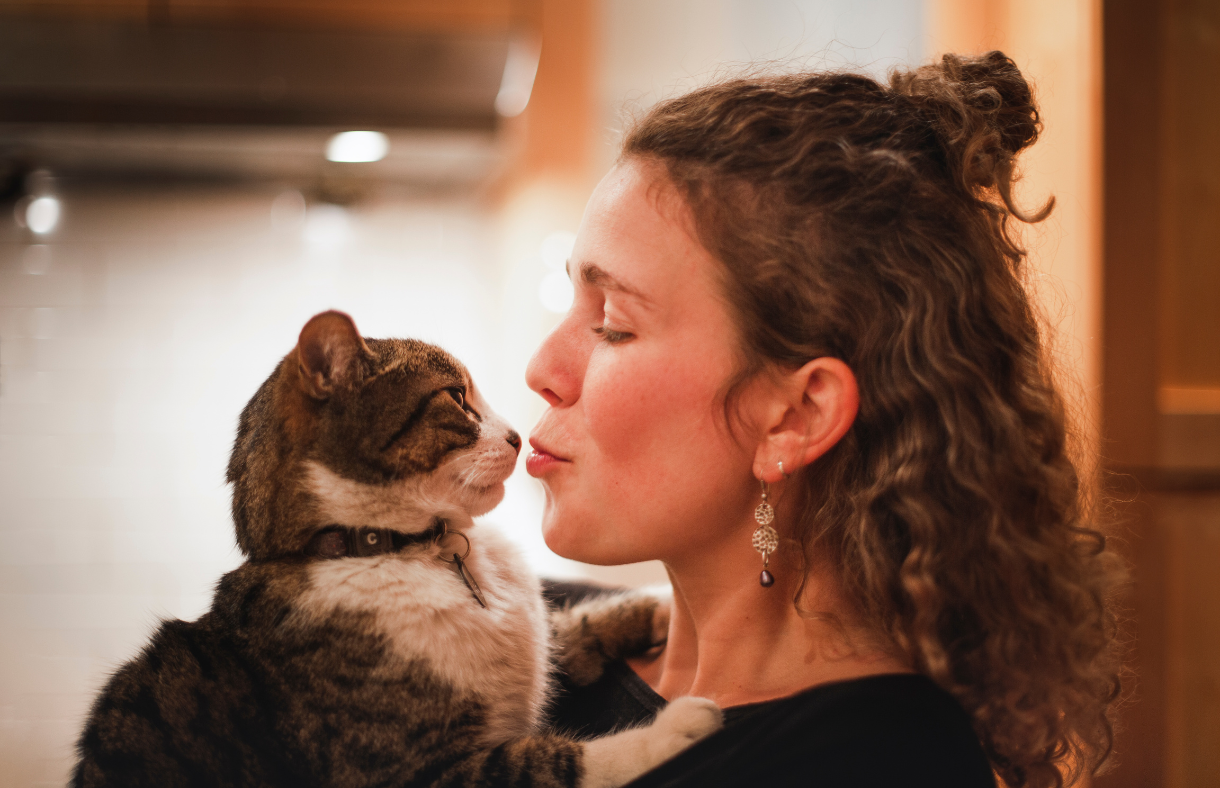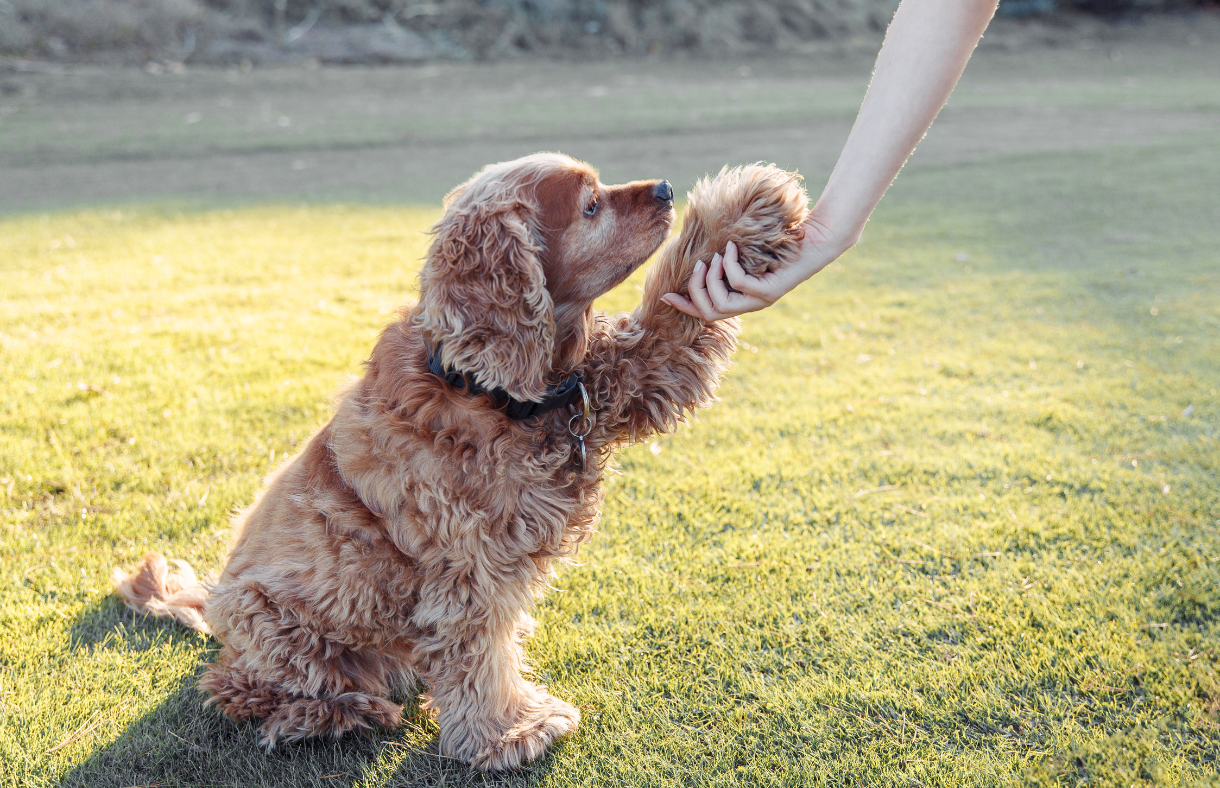“Better to have loved and lost than never to have loved at all,” wrote the poet Alfred Tennyson, processing his grief after the death of a close friend. While mourning has its regrets, these rarely include, “I wish I’d never known him; then I wouldn’t have this pain now.”
That acknowledged, the pain of loss can seem unbearable, especially when a relationship was intimate. It takes months to work through bereavement and return to some semblance of normalcy. There are people who have even greater difficulty: they develop what psychologists call “complicated grief,” which lingers a year or more without lessening of symptoms.

When You Lose a Pet
Whether grief is “ordinary” or complicated, it’s not limited to the loss of human loved ones. When an animal dies or has to be “put to sleep,” the typical pet owner experiences intense grief for 3–24 months. It’s only recently that the mental-health world has begun to recognize that pets are more than “just animals” to those who love them: they are devoted companions and sources of unconditional acceptance.
No one knows better than a pet owner the truth of “better to have lost than never to have loved”: the average lifespan of a dog or cat is less than 17 years, so adopting a pet means accepting, however subconsciously, the likelihood of outliving it. As with the grief itself, working through the loss of a pet is similar in many ways to coping with a human death.
- Give yourself permission to fully experience the pain. Don’t feel guilty about grieving an animal as you would a person—and never tell yourself you “should” feel differently than you do.
- If you have surviving pets, expect them to also react to the change. Whether or not your animals were close to each other, pets feel the stress of major transitions. Don’t be surprised if surviving animals start acting up or behaving out of character. Help them through the adjustment with patience and extra attention.
- Find a pet-loss support group. Your vet may have recommendations; or, social media such as Facebook offer multiple options to choose from.
- Think things through before adopting your next pet. There’s no universal answer to “how long should I wait before getting a new animal?” Still, it’s rarely a good idea to rush out for an immediate replacement. Often this is a form of unhealthy denial or “numbing the pain,” and it’s not good for you or the new animal, especially if you push it to be exactly like the old one. (Animals have individually unique personalities, even if they’re the same species and breed.)
- If you’re lonely for animal companionship, but not quite ready for a new pet, consider volunteering at an animal shelter or as a pet-sitter.
- If it’s been several months and your grief shows no signs of lessening, consult a professional therapist.

When Your Pet Was an ESA
If your pet was also an emotional support animal, there are additional challenges. ESAs are officially approved by doctors as essential companionship for their owners’ well-being, so the loss is akin to having a medication abruptly discontinued, or a wheelchair broken in wilderness country. While simultaneously experiencing major emotional trauma.
Even more than with typical pet loss, you need empathetic human support combined with professional counseling. Ideally, don’t wait for the loss to happen; as your emotional-support pet enters its senior years, start talking to your regular therapist about preparing yourself. Be aware of how your mental-health issues may compound typical pet-loss grief, and plan how to cope.
If you or a family member are truly unable to function without an ESA, this is one case where it may be worth bringing in a young “successor” early on, while the current ESA is still healthy. Get expert advice on:
- Laws/regulations governing the possession of multiple Emotional Support Animals
- How to introduce a new pet to an existing one (you’ll likely need to ease both of them through a gradual transition)
- How to prepare your new ESA for the “time after” the older one (remember that surviving pets experience their own periods of adjustment)
Also, look at both animals as individuals, and don’t choose a specific new animal before considering the compatibility of its personality with the existing ESA’s. Think about energy levels, too: a two-year-old newcomer may be easier on a senior animal who has difficulty tolerating frisky kittens and puppies.
Whatever pets you’ve had, whatever your household situation, the loss of a loved one is always hard. But it is survivable. When the worst of the pain has run its course, you’ll still have warm memories to make it all worthwhile.

